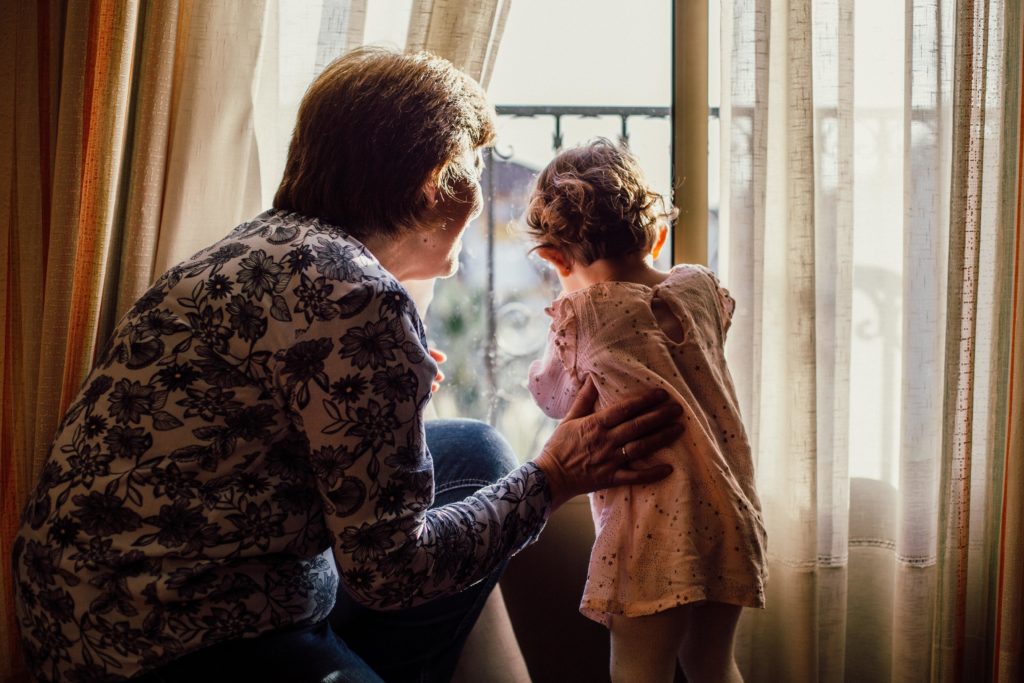October is Breast Cancer Awareness Month in Canada. It’s the moment when we recognize the incredible progress that has been made in our understanding and treatment of breast cancer. It’s also an opportunity to acknowledge that there is a lot more work to be done, and that not all women have benefited equally from these advances.
Over the past three decades, deaths associated with breast cancer have declined significantly. Between 1988 and 2021, breast cancer-related mortality declined by 22 percent in women (and 37 percent in men). Research is driving progress. The work of doctors, scientists, clinicians and researchers across Canada, and around the world, is responsible for the fact that people with breast cancer are more likely to recover, live longer, and lead fuller lives than ever before.
This is something to celebrate. However, breast cancer remains the most commonly diagnosed cancer and the second leading cause of cancer-related death among women in Canada. At the same time, not all women have benefited equally from the progress made overall.
Breast-cancer related mortality has not declined among Black women at the same rate as for others. In part this is because Black women are disproportionately affected by aggressive cancers, such as triple-negative breast cancer (TNBC) and inflammatory breast cancer, both associated with underlying genetic predispositions. Black women and women of colour also continue to face discrimination in the health care system, meaning they may be less likely to seek and receive treatment early on.
Breast cancer research and advocacy today is driven by the understanding women are affected by breast cancer in different ways. The recognition that many women still face social, cultural and economic barriers to care is inspiring new ways of talking about cancer, and how care is provided. That recognition is urging decision makers to ensure that the experiences of women of colour are represented in research, care, and policy related to breast health.
Across Canada, research teams and care providers are advancing breast health for all women, on multiple fronts. Here we are spotlighting a few of the breast health research, care and advocacy initiatives happening at WHCC-member organizations right now.
At the Peter Gilgan Centre for Women’s Cancers at Women’s College Hospital in Toronto, an initiative and resource hub is connecting Black women with information about breast cancer, based on the latest research. The Every Breast Counts hub is geared to the unique needs of Black women, and includes resources on potential risk factors, plus information about how to seek care, post-mastectomy breast reconstruction, and more.
The Allard Hereditary Breast and Ovarian Cancer Clinic at the Lois Hole Hospital for Women in Alberta is one of the only centres of its kind in Canada. The clinic provides risk assessment and surveillance for women throughout the province of Alberta who are at a high risk for developing breast and ovarian cancer. Women with genetic mutations to the BRCA1 and BRCA2 genes have an increased risk of developing breast and/or ovarian cancers prior to menopause. The work of the Allard clinic and its staff improves women’s lives by providing early detection mammography, which can be critical.
At BC Women’s Health Foundation, the Invest in Breasts campaign is raising money for equipment to improve early detection and prevention of breast cancer. Early detection through regular screening can save lives and help avoid invasive treatments. Screening is reliant on equipment and technology operated by specially trained radiologists and technicians. The goal of the campaign is to equip the Sadie Diamond Breast Health Imaging Centre at BC Women’s Hospital + Health Centre with state-of-the-art diagnostic technology – equipment that will save women’s lives through early detection and prevention.

